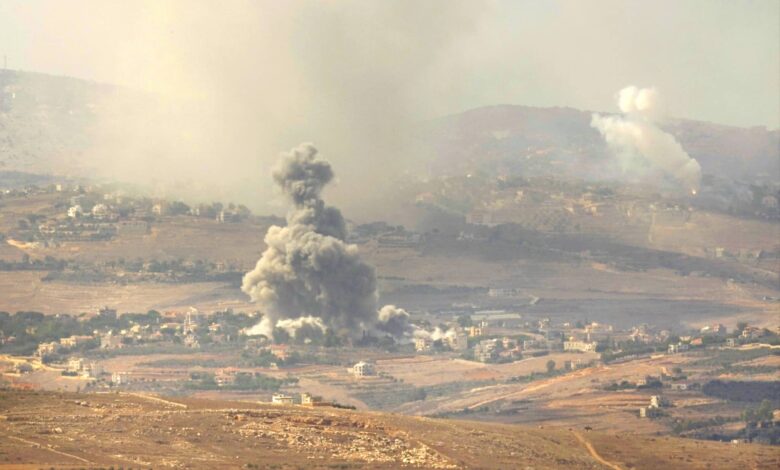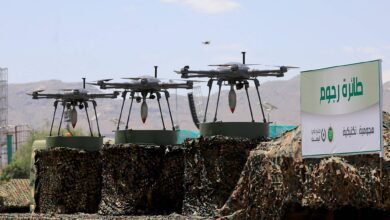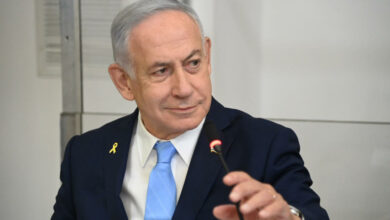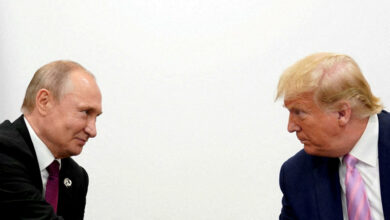
On Sunday, Israel escalated its bombardment of Hezbollah military sites throughout Beirut and its southern suburbs in connection with the anniversary of the October 7 Hamas attack on Israel-a catalyst for the current conflict. According to military analysts cited by Reuters, Sunday’s strikes marked the widest attack on Beirut by Israel thus far, with visible explosions several kilometers away.
The Israeli Air Force said it had carried out a wave of air strikes targeting numerous arms depots and installations belonging to the Lebanese group Hezbollah in and around Beirut. Cross-border fire accelerated, and Hezbollah retaliated by firing rockets on Haifa, an Israeli port city, killing at least ten people and many more injured.
U.S. President Joe Biden referred to the October 7 Hamas attack as “an outrageous terrorist attack” and said “far too many lives have been lost in the war.” In a nod of solidarity, Hamas praised Hezbollah, the Lebanese militant group for the rocket attacks launched against northern Israel. Hamas referred to the October 7 assault as “glorious.” It added that the attack “shattered the illusions the enemy had created for itself,” referring to what it said was a perceived sense of Israeli greatness in the region.
Israeli Prime Minister Benjamin Netanyahu promised victory, asserting that the military has “completely transformed reality” since the conflict started.
The situation brought criticism from the United Nations. Its refugee chief, Filippo Grandi, scolded Israel’s strikes on Lebanon as a contravention of international humanitarian law, hitting into civilian infrastructure and causing civilian causalities. He urged all parties concerned to “stop this carnage occurring both in Gaza and Lebanon today.”



